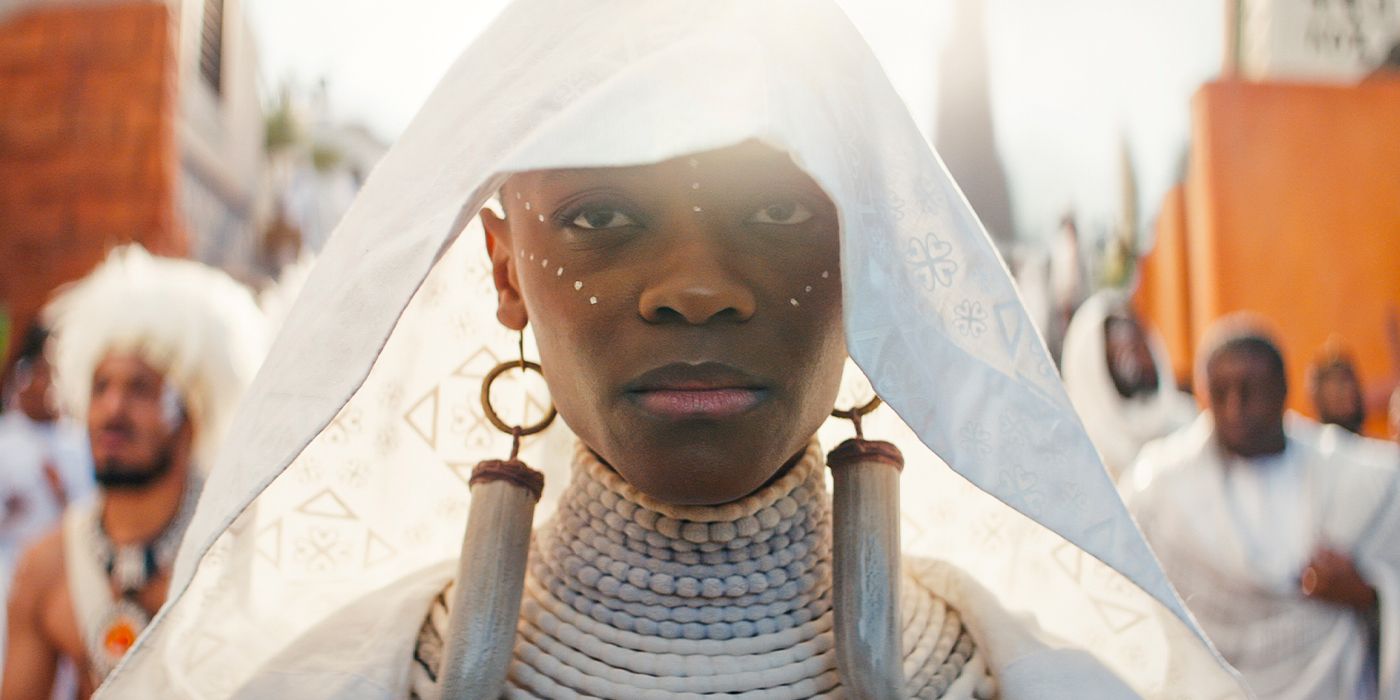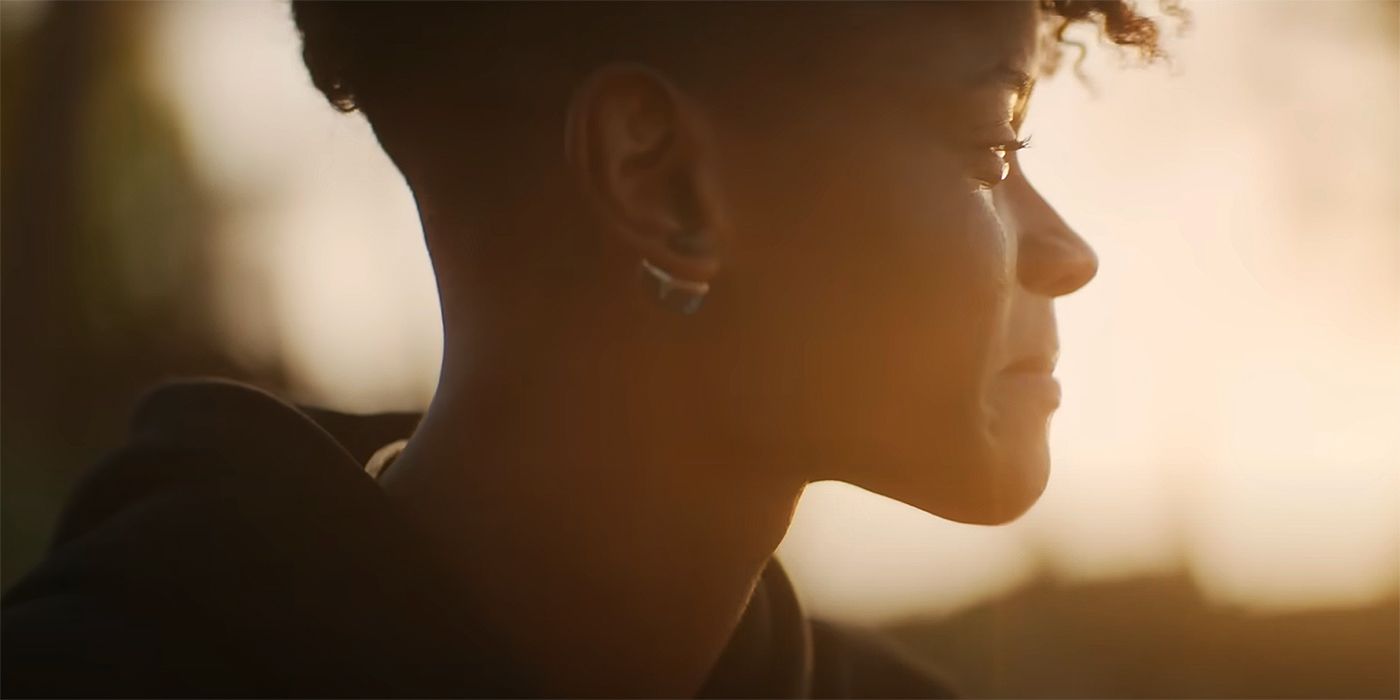In November, the anticipated sequel to Marvel's hit Black Panther, Black Panther: Wakanda Forever, was released in theaters everywhere after being delayed due to the untimely death of Chadwick Boseman in 2020 and production setbacks. Originally, the sequel was intended to include Boseman (T'Challa/Black Panther), but, naturally and sadly, the movie had to change course. Director and co-screenwriter Ryan Coogler and co-screenwriter Joe Robert Cole led the movie in a different direction, including their decision to open it with a heart-wrenching and emotional scene. Recently, the duo spoke with the New York Times about the decision and the conversation surrounding it.
Wakanda Forever opens with Shuri (Letitia Wright) desperately searching for a way to cure her brother's sickness as he lies upstairs on his deathbed. Unfortunately, this meant she wasn't able to say goodbye to T'Challa, learning from her mother, Queen Ramonda (Angela Bassett), that T'Challa passed away while Shuri was working. Cole notes that doing this right out the gate helped to emphasize how his death impacted Shuri:
"Just practically, everyone was going to be waiting to see how we dealt with it, so doing it right up front made sense. In terms of the characters, we needed to introduce a different version of Shuri. We’re showing the moment that she becomes a different person than the person we met. She’s the smartest person in the world, but she can’t save her brother. What does that do to you?"
With the narrative shift, Wakanda Forever became a different movie in how it explored its characters and the nation of Wakanda. While there was still a larger storyline at play with the conflict between Wakanda and Namor's (Tenoch Huerta Mejía) underwater kingdom Talokan, grief was a theme interwoven into the fabric of the movie, especially through Shuri. Throughout, viewers watched as she struggled with anger towards herself and the loss of her brother, compounded by the stress of trying to protect her country and a second profound death later in the movie. When Coogler explained the opening scene, he reiterated that effect grief has, saying:
"We wanted to have an emotionally intelligent conversation. It’s about the transformative quality of grief and trauma. There’s this expectation with emotional trauma that you just need time. 'Oh, give them a couple weeks off; they’ll come back to work and get back to it.' But that person is completely different in some ways. You just don’t see it because the change isn’t visible."
Black Panther: Wakanda Forever is out now in theaters. Check out our interview with Coogler down below:


